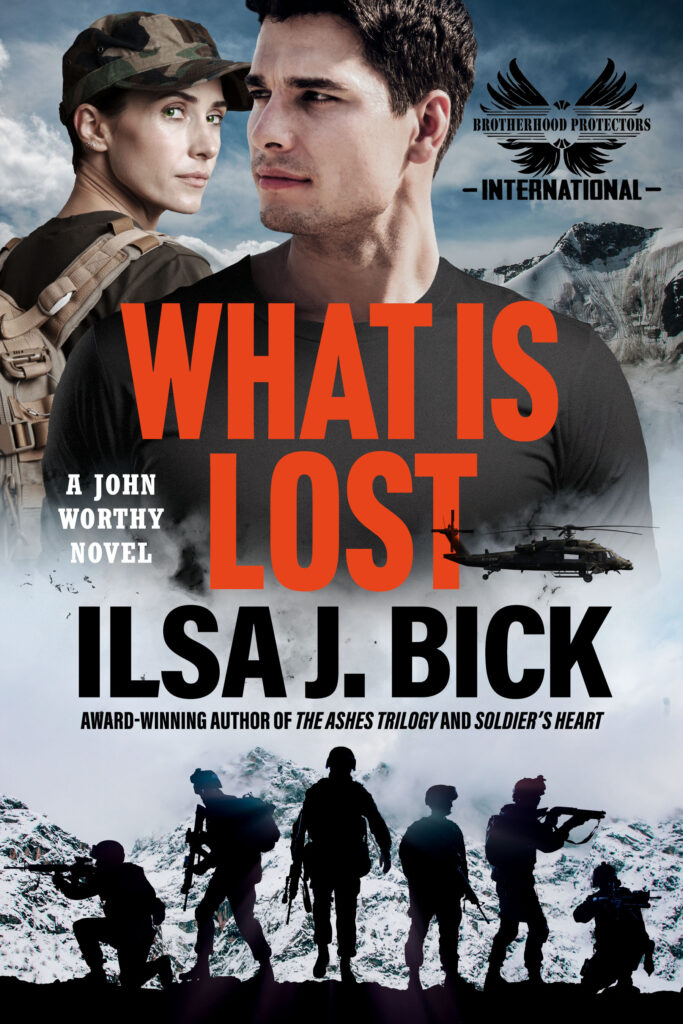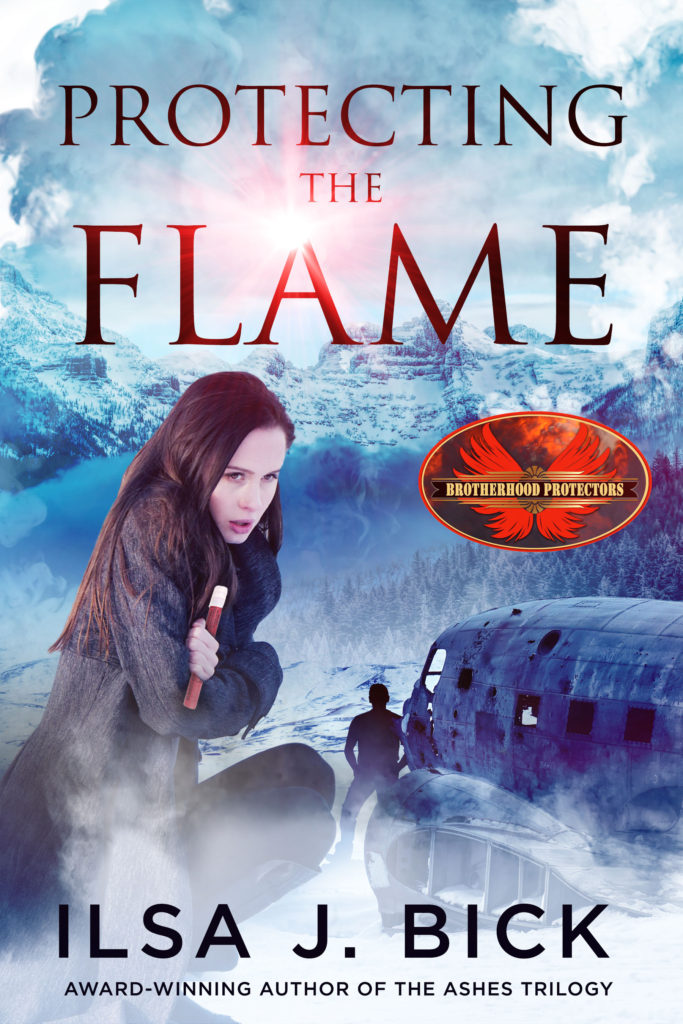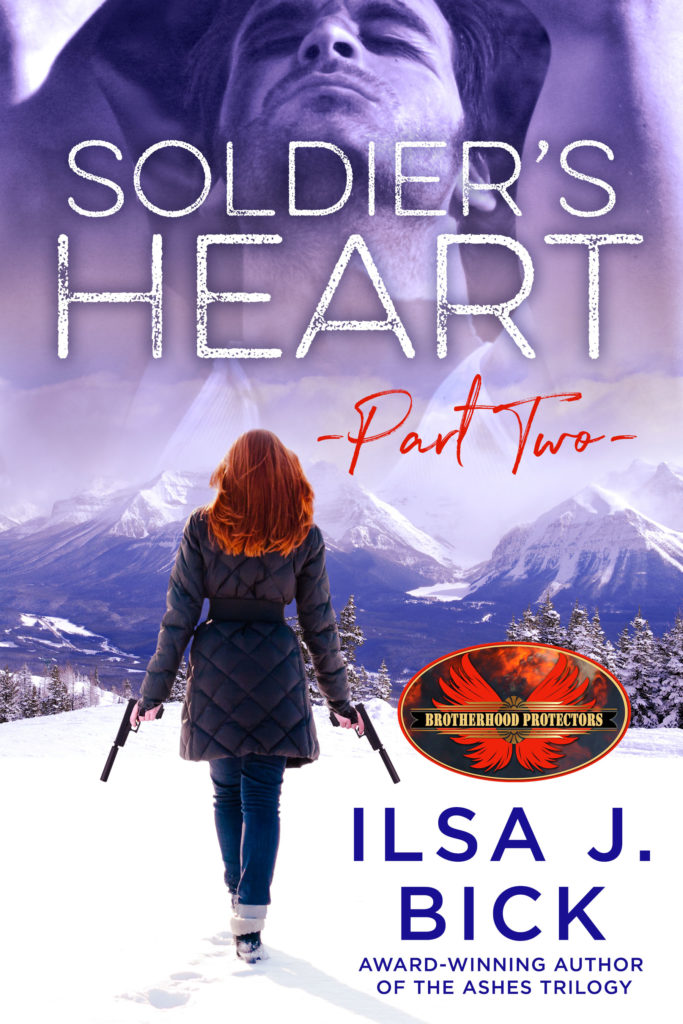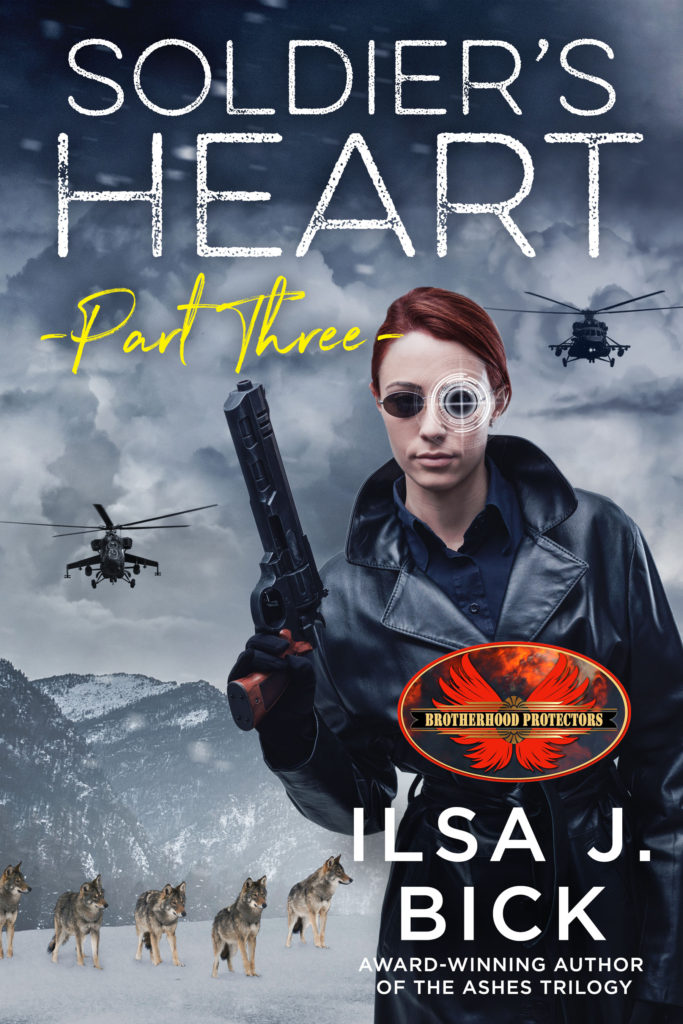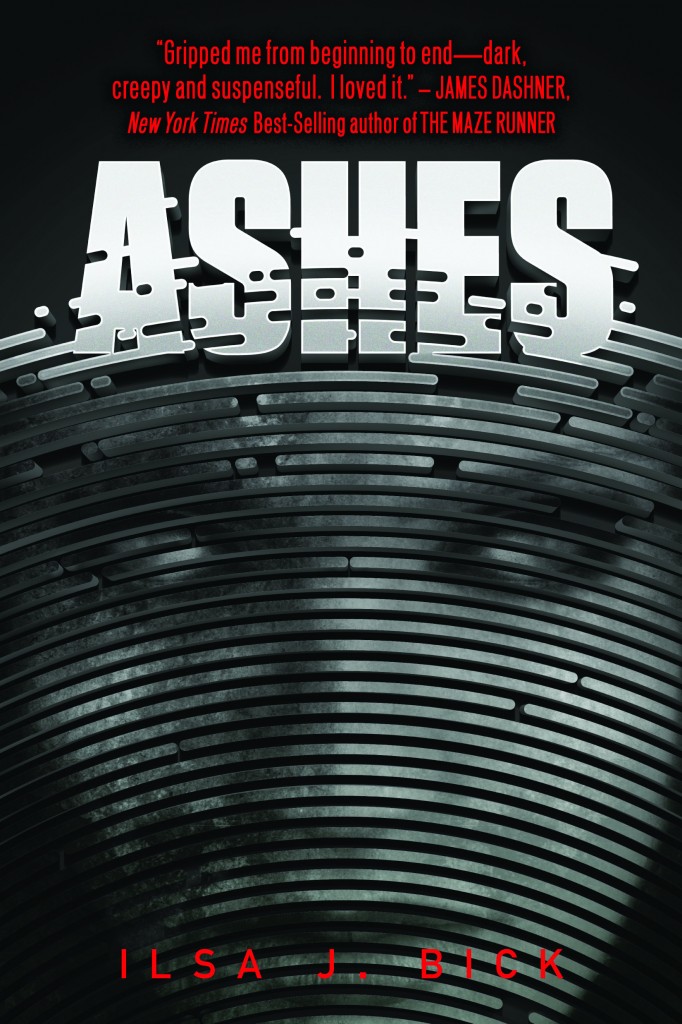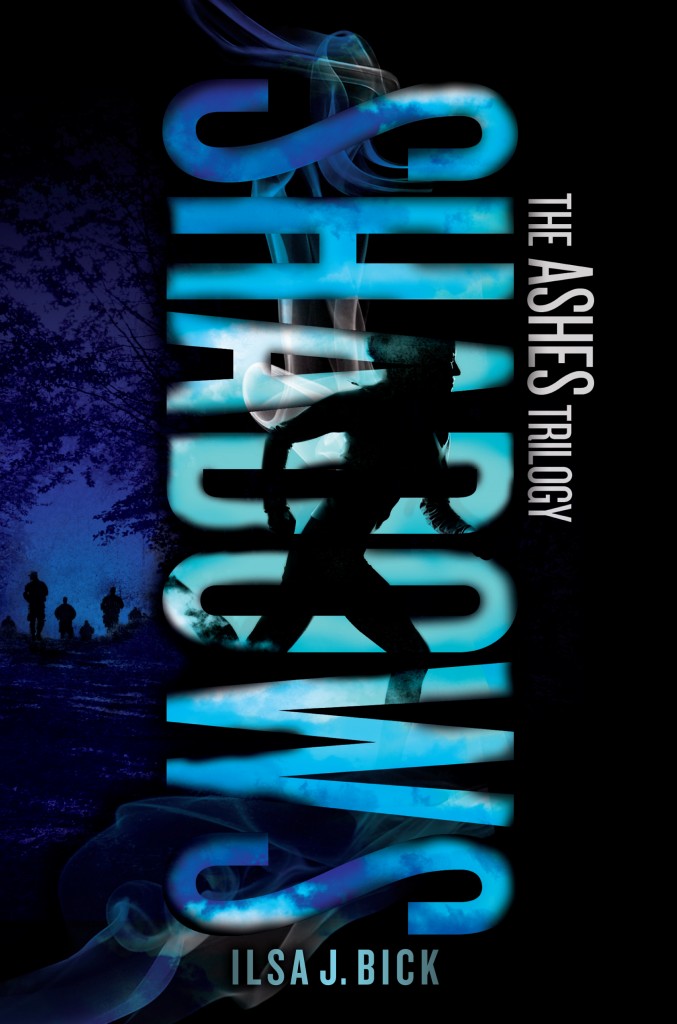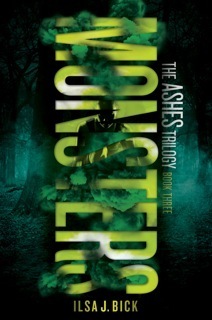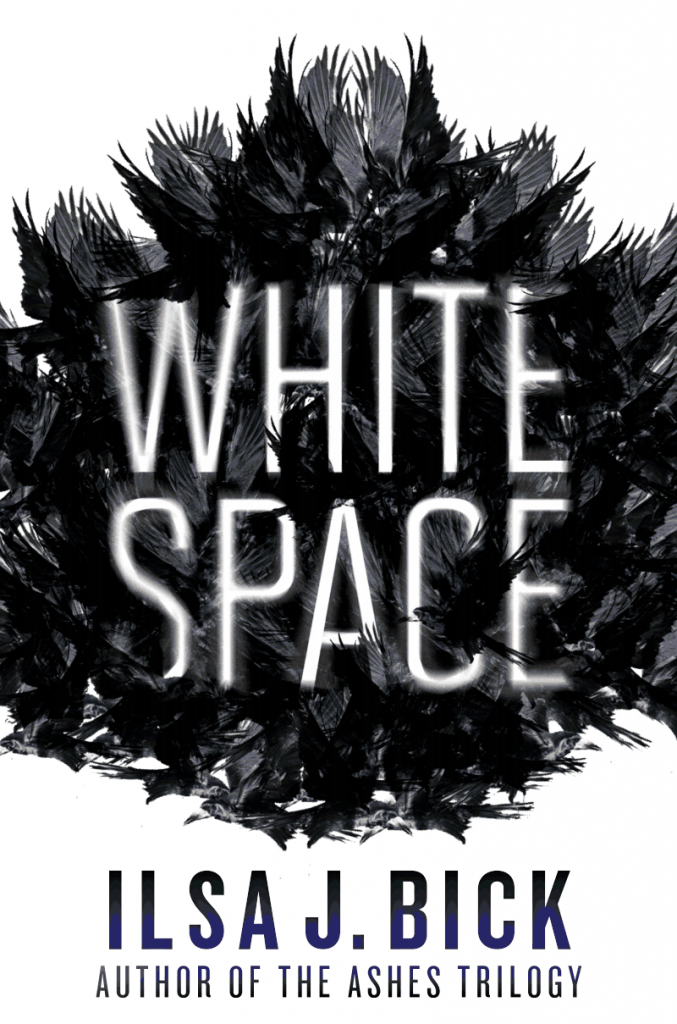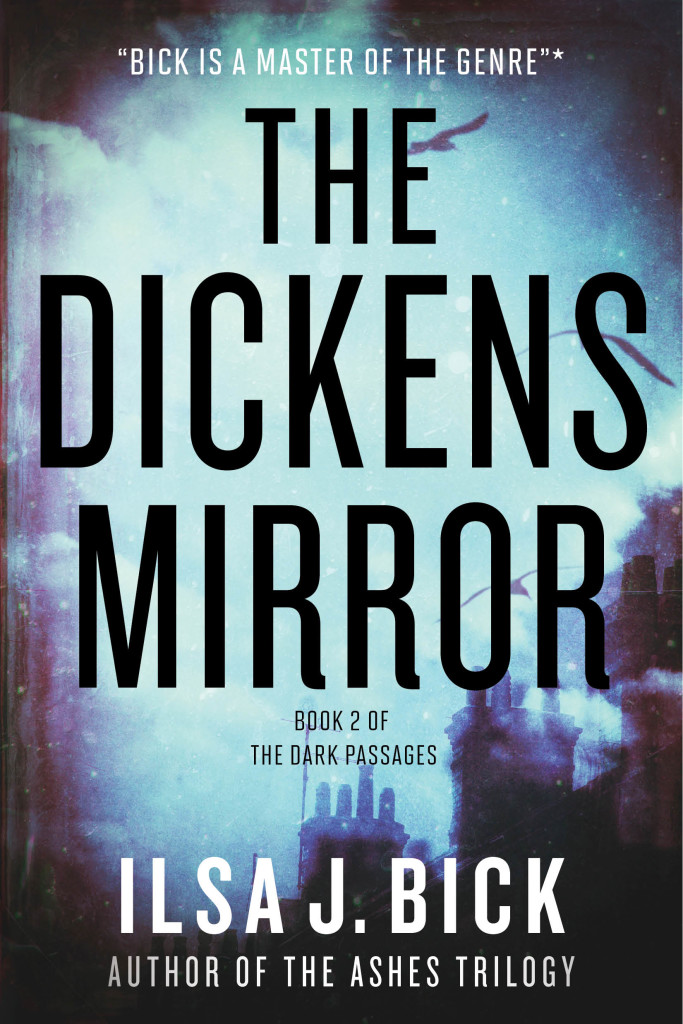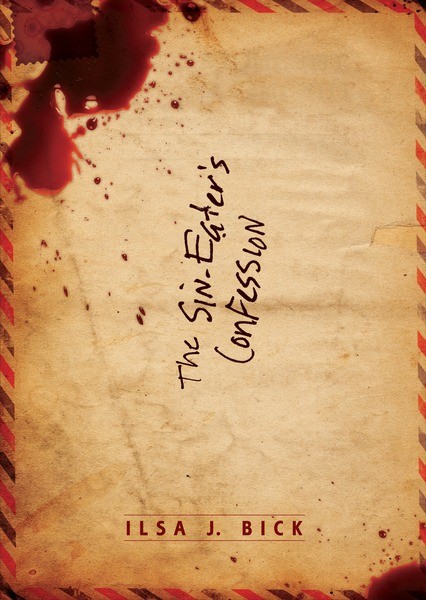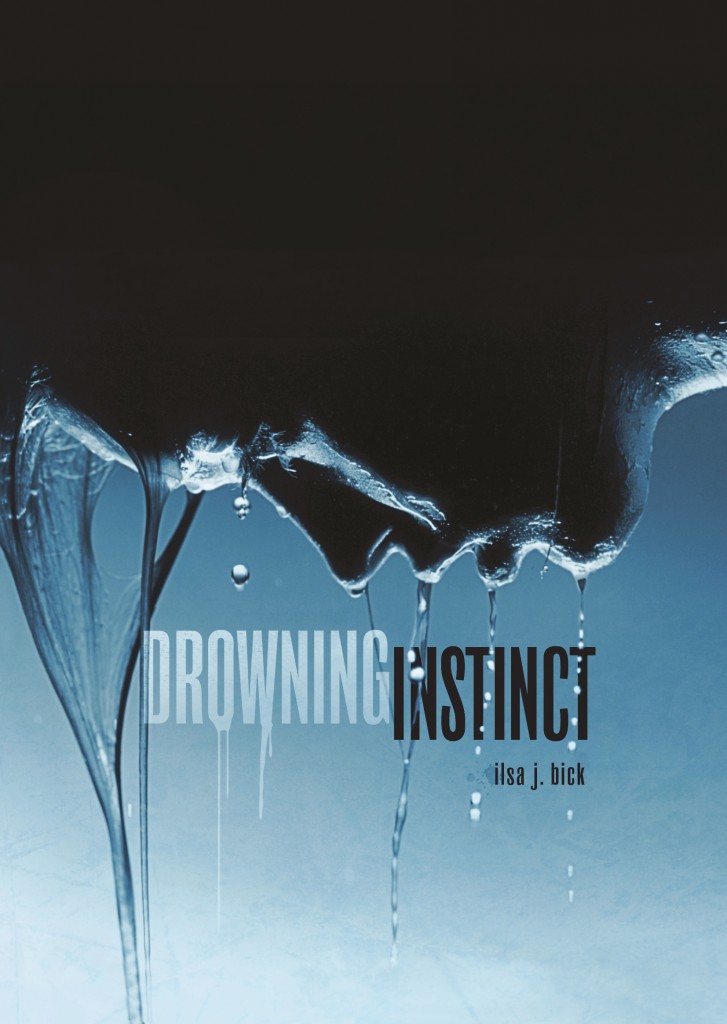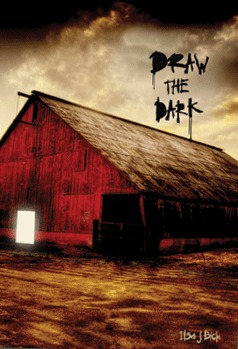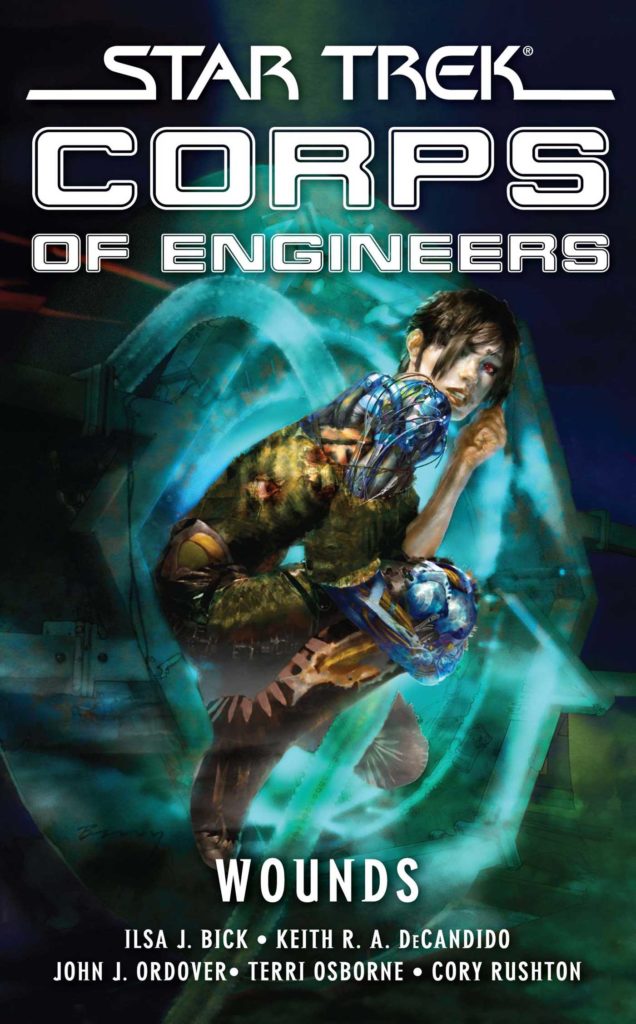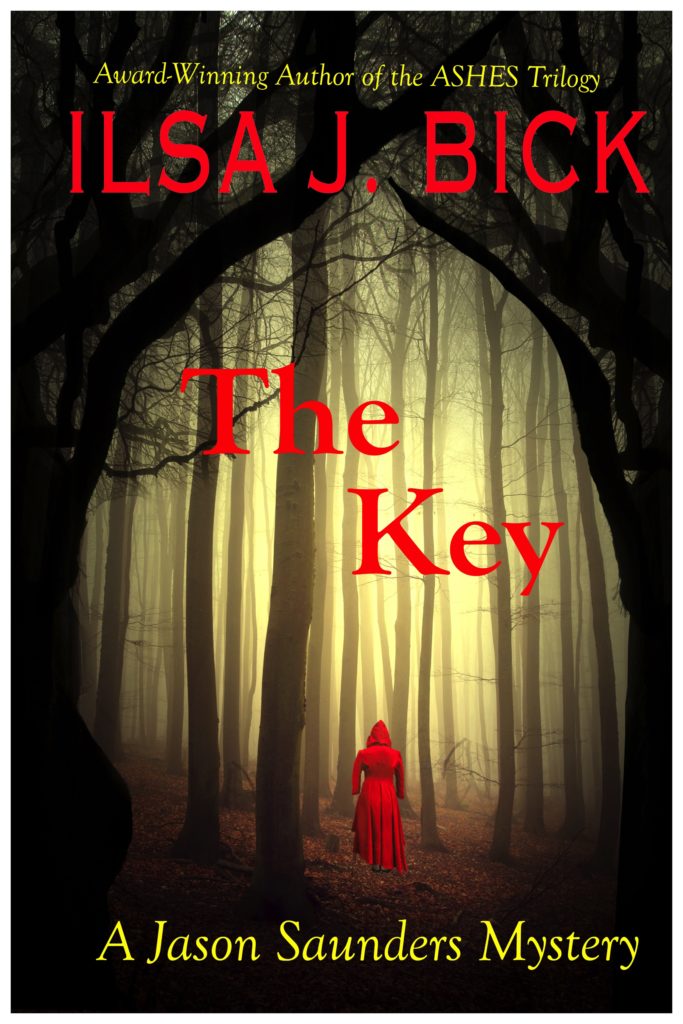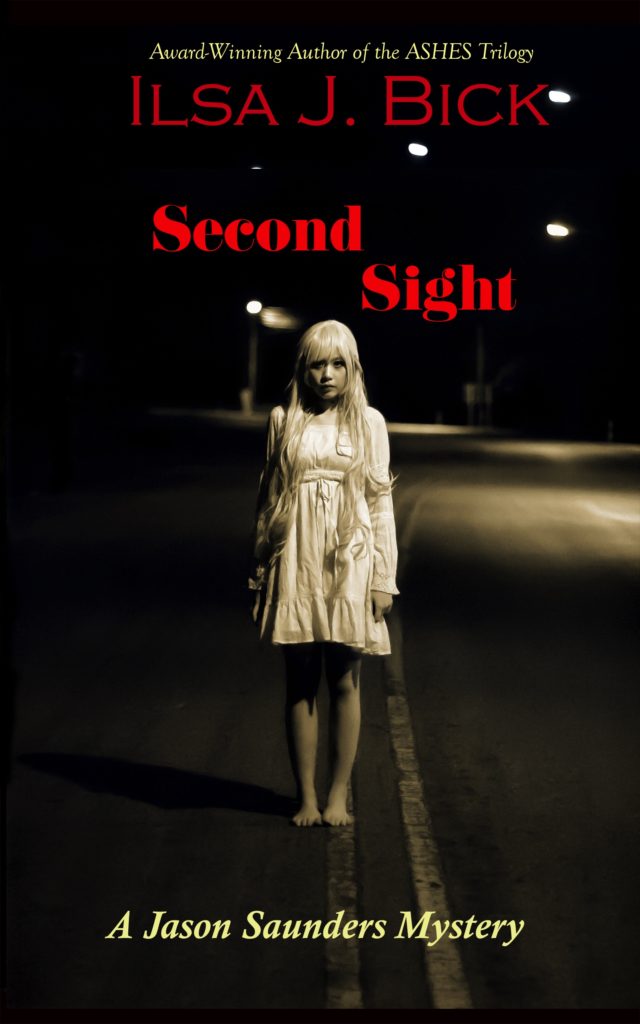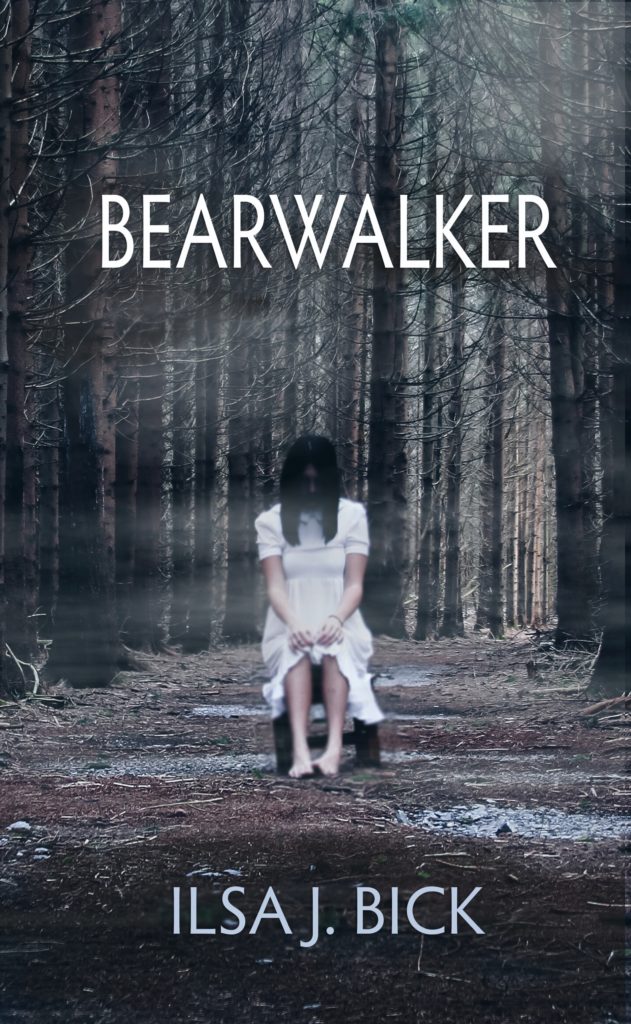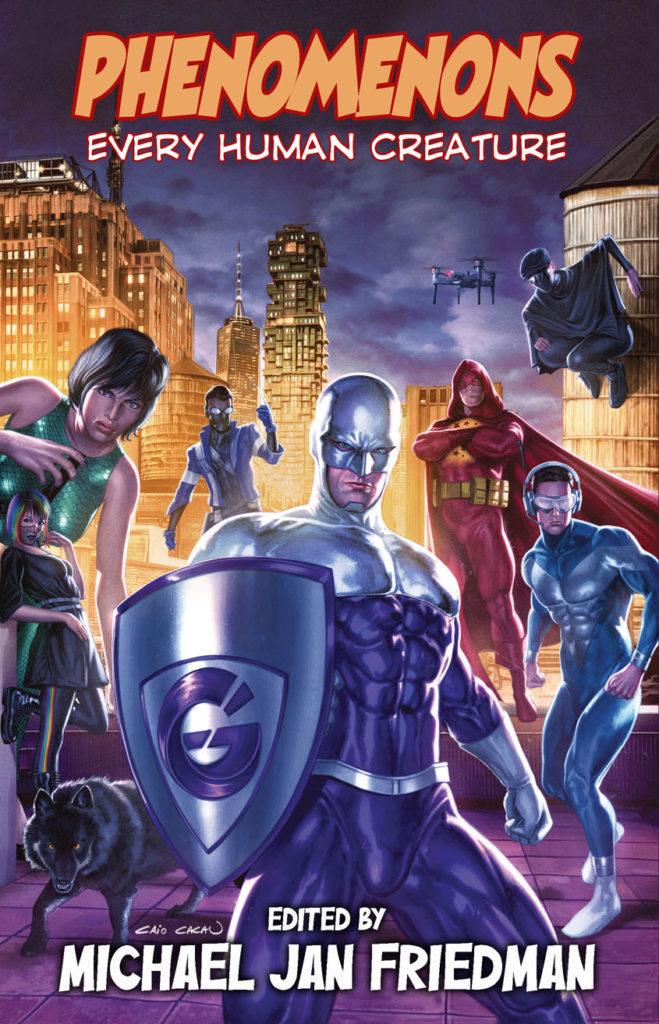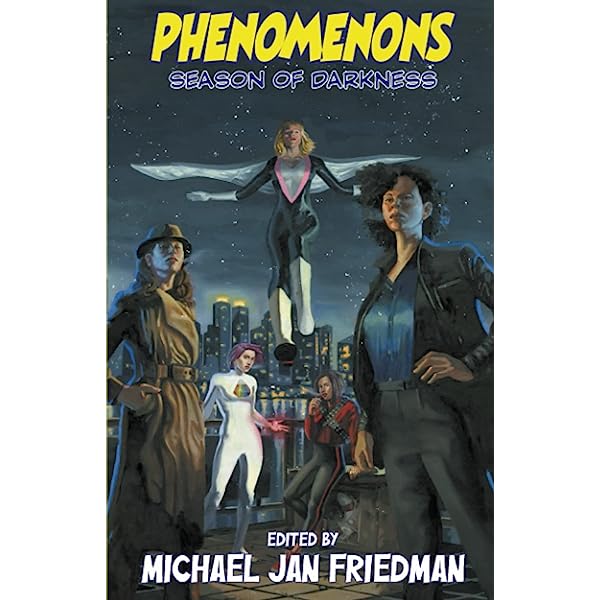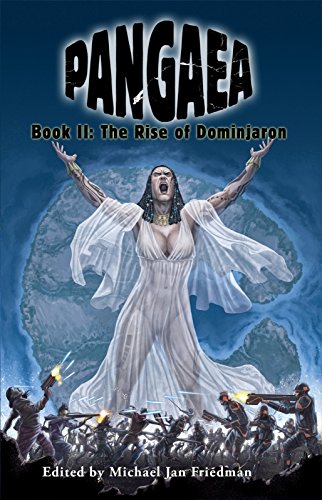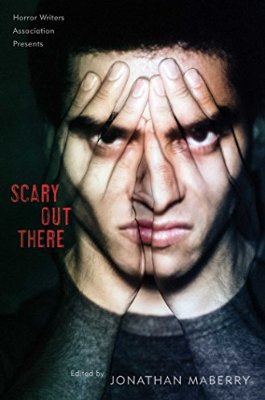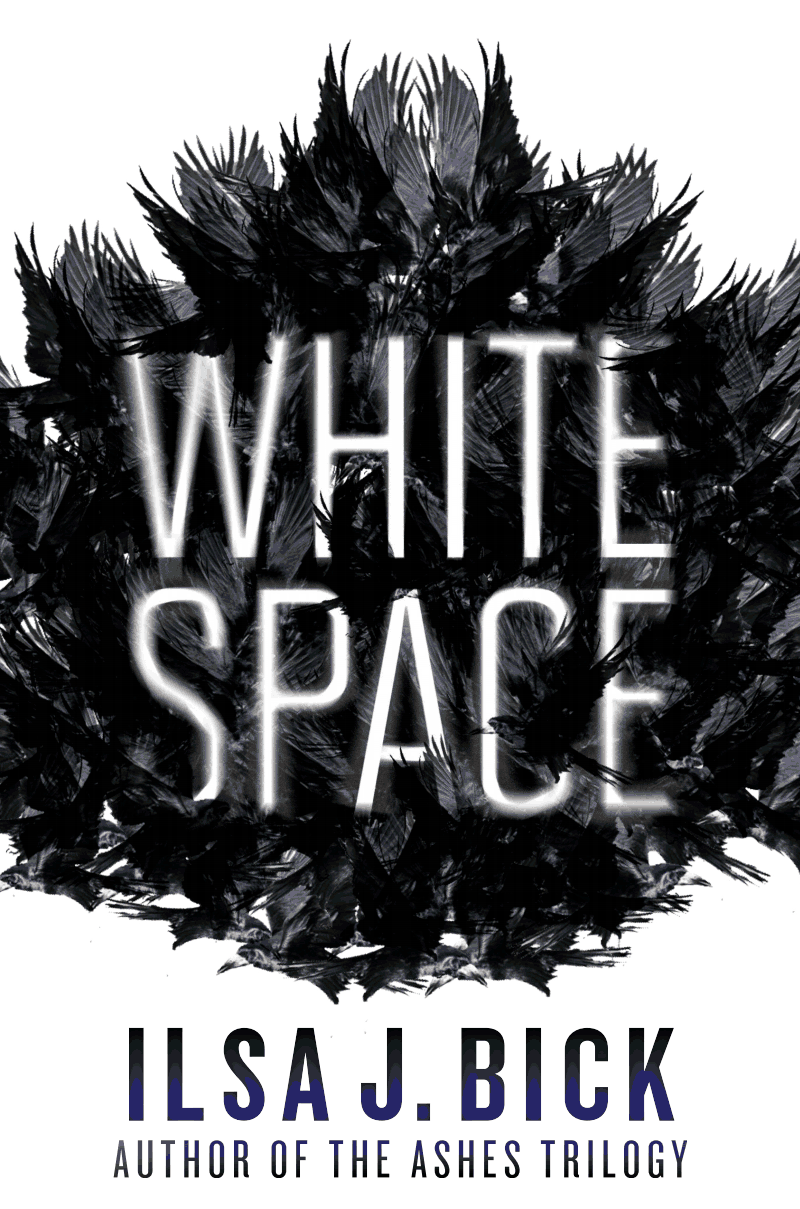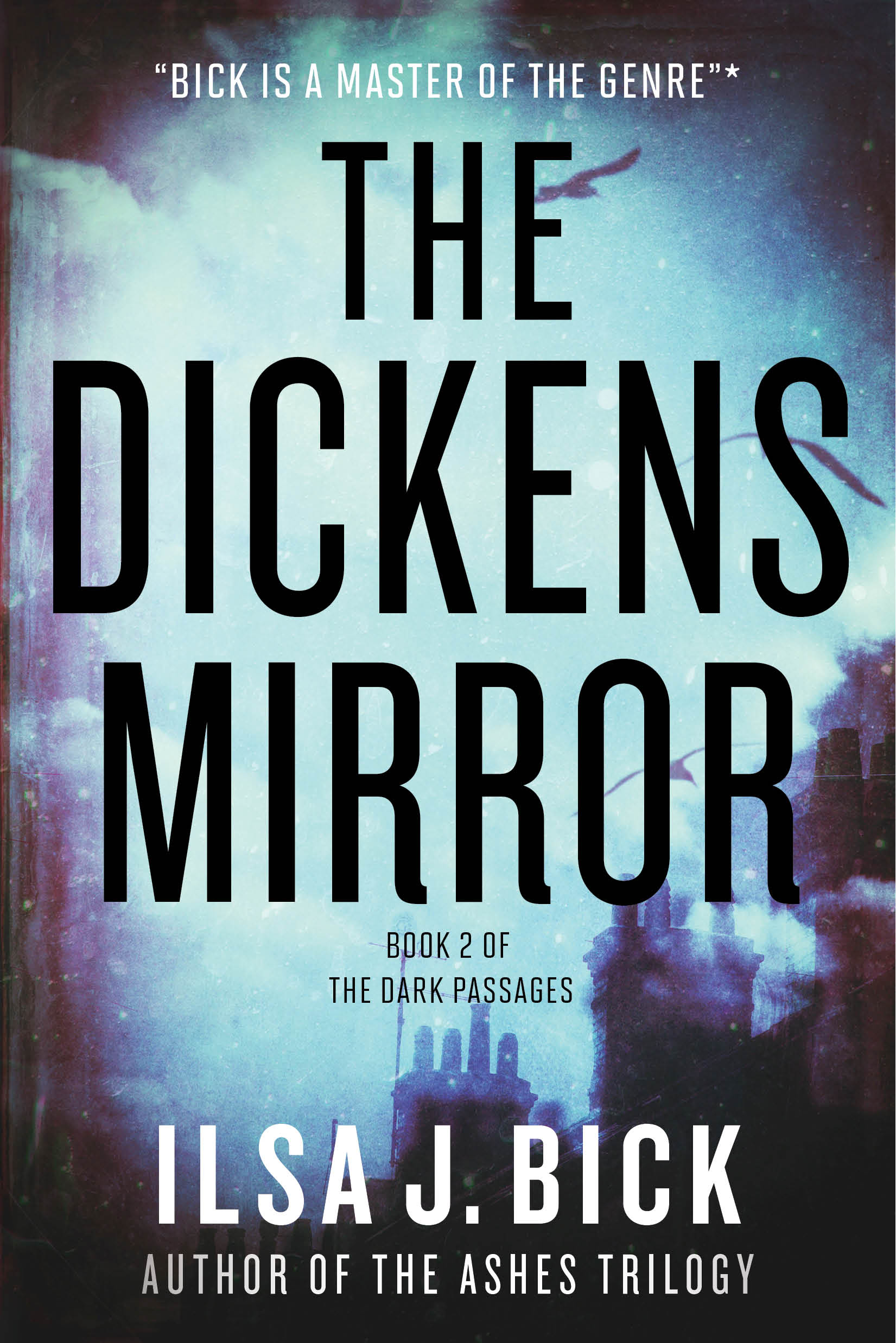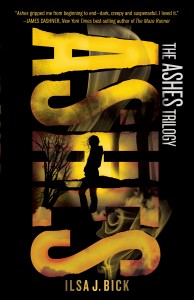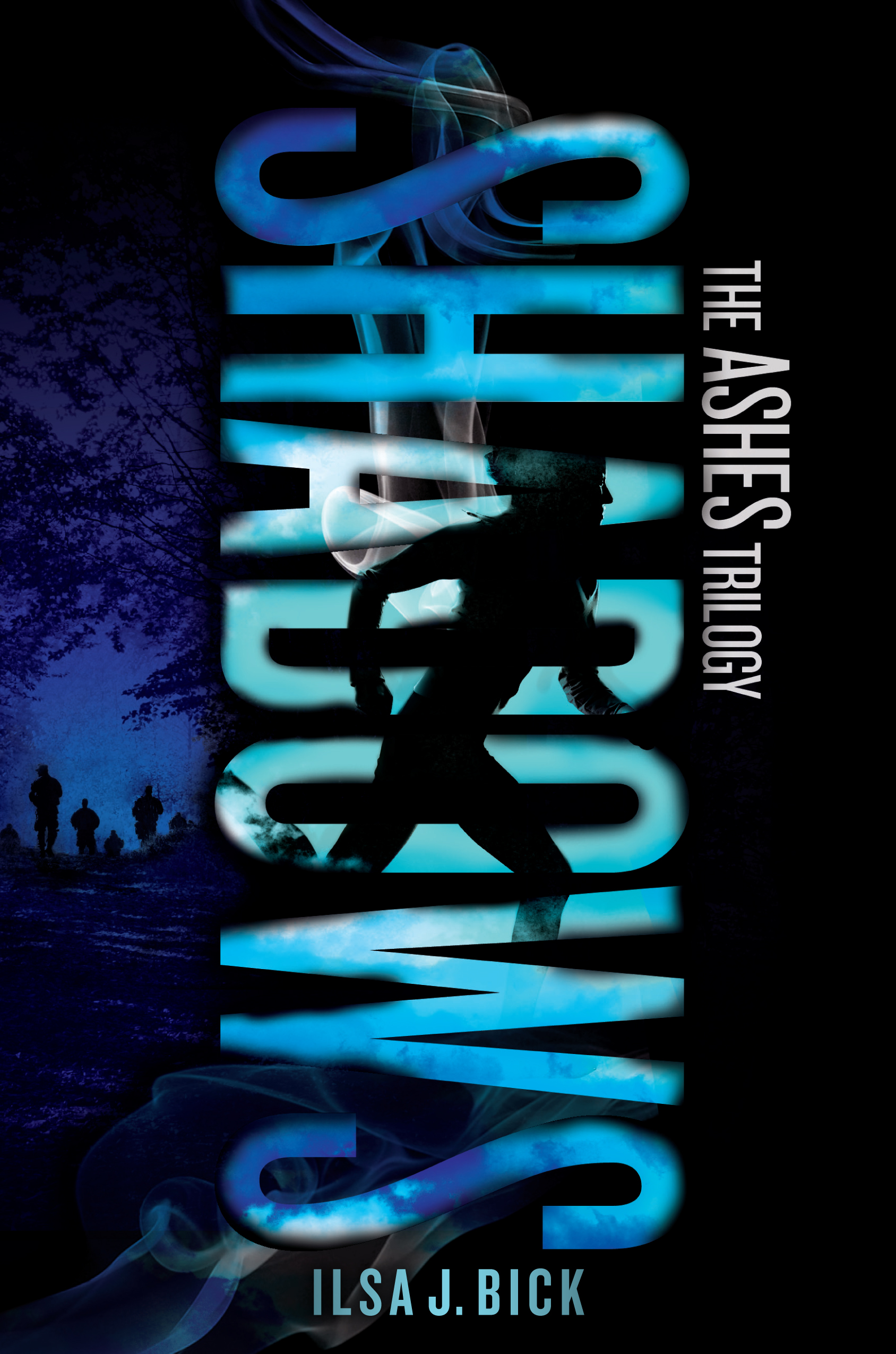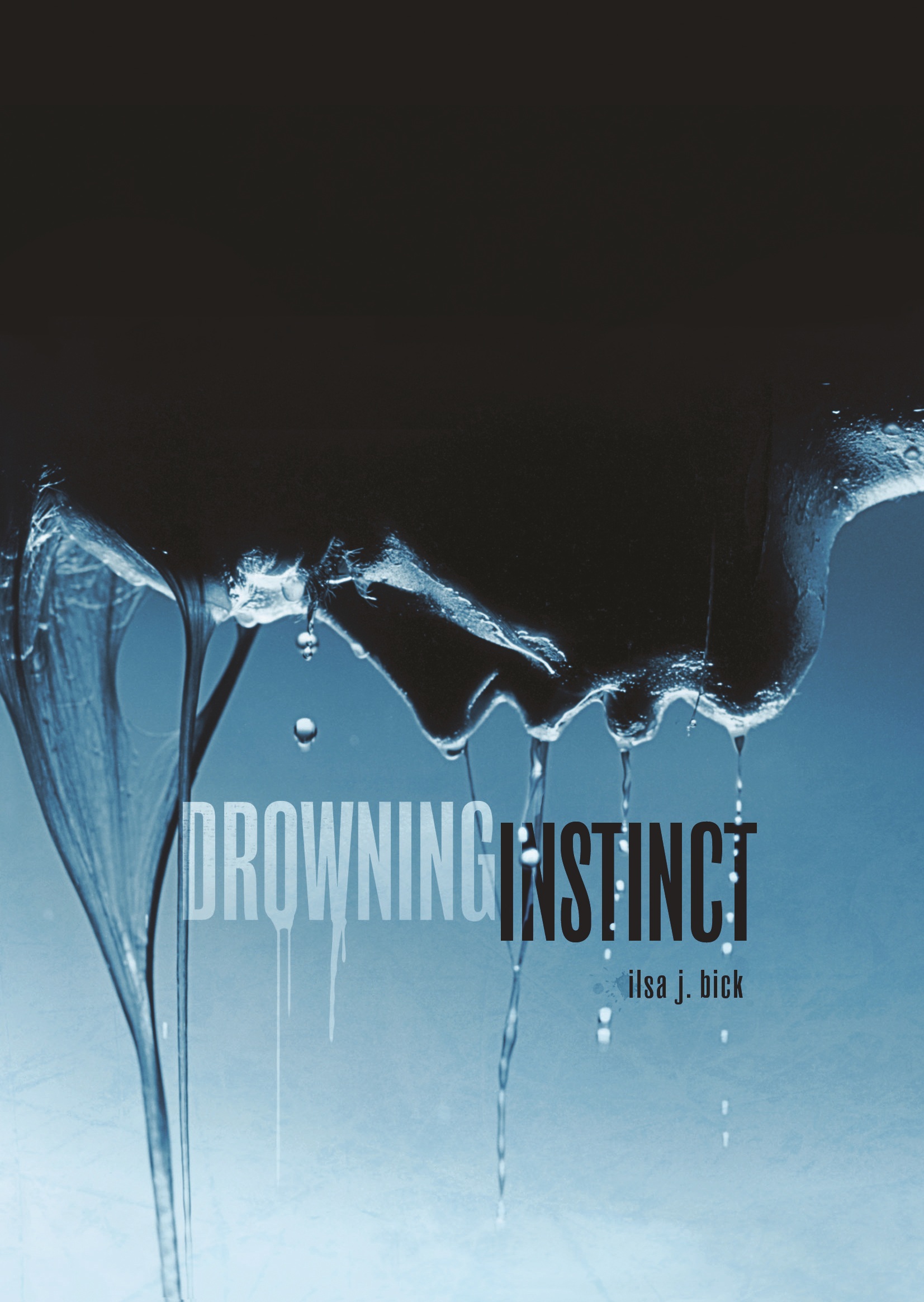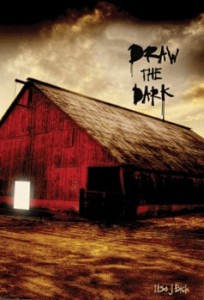Dean Wesley Smith has a great article up on one of the traps a bunch of writers fall into: believing that, once they’d made a couple of sales, they know everything they need to know to keep selling.
Uh . . . no.
For me to keep my medical licenses current, I have to rack up a bunch of CMEs–continuing medical education–credits a year. They’re required; the state wants you to keep learning–and honestly, you really do WANT your doctor to keep learning the latest, right? Speaking from experience . . . sure, some of the stuff at these conferences is stuff I know, but I always pick up a gem or two. (And, for me, it’s double your pleasure, double your fun. At the last forensics conference I attended, I heard a fabulous series of lectures and then took the ideas and turned them into a short story, “Where the Bodies Are,” that will be appearing in Crimewave #11.)
It’s the same thing with writing, but continuing your education as a writer is also knowing what it is that you don’t know. Sometimes, you won’t figure that out until you go and listen to a bunch of writers and hear something that blows you away. Sometimes you need to rely on other, more established writers who will tell you, “This, you need. This, you don’t.” Those people, you can only trust if you feel they know you well. That actually happened to me with Dean and Kris, who know my writing and me pretty darned well–way better than I know myself sometimes. Most times . . . I was trying to figure a way to get to one of their workshops and Kris, ever so gently, kept peppering me with questions: What do you think you and I can do together? What is it you want to learn? In that instance, Kris was trying to help me see that THIS workshop would not help me; that I needed to use the tools I already had and just go write–and then write some more, and she was right 😉
How you learn depends, in part, on what your style is, how well you know yourself and how much anxiety you can tolerate. See, learning depends on your willingness to take chances. Doing that makes a lot of people uneasy and anxious; it’s much easier to wash, rinse, repeat. But Dean gave me a great piece of advice once: do something new with every book, every story.
For example, with one of my books, I really wanted to try doing it as a murder mystery (the fact that this was in a well-established gaming universe made it all the more challenging). I told Dean and his response was, “What fun.” Well, it wasn’t FUN at first, but it was certainly challenging and then I DID have fun because it was completely unlike any book I’d done before.
I just finished a book a couple days ago that may or may not see the light of day, but I worked at making it different than what I’d done before. I took an earlier idea that worked only . . . okay. Not great. I let it rest and now, looking at it with a year’s worth of writing other things, I could see what was wrong with it. So I didn’t “fix it.” I completely retooled it; rewrote it from a different POV, different format, different emphasis. I’m biased, but I think the final product is much better and tells a story that really resonates with me versus trying to do a story that’s primarily plot-driven. (Or I could be completely wrong, and it’s a total flop.) Oh, there are many machinations in the plot and redoing it the way I did opens up a whole other avenue in terms of the sequel (and yeah, there has to be one; it’s just too big a story to tell in one book); and it was a very, very difficult book to do. I think I ended up with more than six hundred pages that simply don’t work. But I learned something from tearing apart what I’d done and recognizing that I could not do what I had done before.
Drove me nuts. NUTS.
But I certainly learned something by the very simple maxim of forcing myself to do something I hadn’t done before.
Will this book sell? Beats me. Sure, I hope so. If it doesn’t, then I will read the comments from all the editors because no matter how well I thought I did, I didn’t do well enough. Which means that even though I’ve sold a couple books, I don’t know it all and I must continue to learn. It will hurt like hell. It will make me reach for Kleenex, I’m sure. But it is no different than being an intern in surgery and having a chief resident tear me a new one for some dumb mistake. Hurt like hell–but I never made that mistake again.
Dean is absolutely right. You must keep learning as a writer. If the only way you can do that is by trying something new with every work, then do that. Take the time to get to know other writers who are further along than you and LISTEN to what they have to say–even if they have to say it to you a couple hundred times. But do learn. Don’t let EGO and arrogance get in your way.
Because that’s another great piece of advice Dean gave me and what his article is all about. EGO will kill you. An ego’s okay to have. We all need one. I mean, really, I’m going to sit here and NOT believe that someone might want to read what I’ve written? But we all need to know when to put our ego away. You gotta box it. Trust me, your ego will still be there when you lift the lid.
Currently reading Catching Fire (again!) by Suzanne Collins; The Ask and the Answer by Patrick Ness
